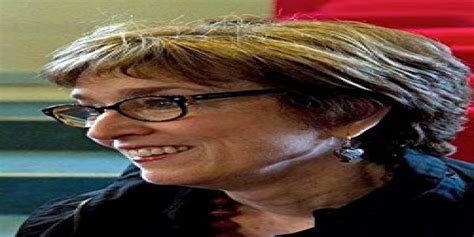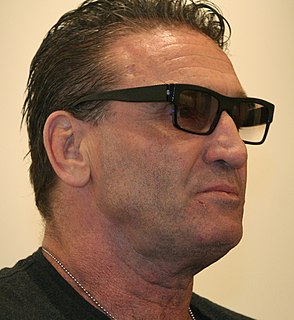A Quote by Gilbert K. Chesterton
Over-civilization and barbarism are within an inch of each other. And a mark of both is the power of medicine-men.
Related Quotes
In the beginning no power differential existed between male and female. God empowered both with full rights and responsibility to rule outward over all creation, not over each other. As we know all too well, the fall changed everything, precipitating male rule over women and also the rule of some men over other men, a.k.a., patriarchy. Within patriarchy, women no longer derive their value from their Creator, but from men - father, husband, and sons. Within patriarchy, a woman's value is gauged by counting her sons.
Friedrich Engels once said: "Bourgeois society stands at the crossroads, either transition to socialism or regression into barbarism." What does "regression into barbarism" mean to our lofty European civilization? Until now, we have all probably read and repeated these words thoughtlessly, without suspecting their fearsome seriousness. A look around us at this moment shows what the regression of bourgeois society into barbarism means. This world war is a regression into barbarism. The triumph of imperialism leads to the annihilation of civilization.
I will tell you what, the Rock was my nemesis. We did enough for each other; we put each other over to be famous. If we didn't have that feud with each other, we wouldn't have had the success we both had in pro wrestling. We really did build each other. I'm very thankful we had those opportunities and those matches.
To be clear, civilization is not the same as society. Civilization is a specific, hierarchical organization based on 'power over.' Dismantling civilization, taking down that power structure, does not mean the end of all social order. It should ultimately mean more justice, more local control, more democracy, and more human rights, not less.
They were not friends, Comdrade Pillai and Inspector Thomas Matthew, and they didn't trust each other. But they understood each other perfectly. They were both men whom childhood had abandoned without a trace. Men without curiosity. Without doubt. Both in their own way truly, terrifyingly, adult. They looked out into the world and never wondered how it worked, because they knew. They worked it. They were mechanics who serviced different parts of the same machine.




































